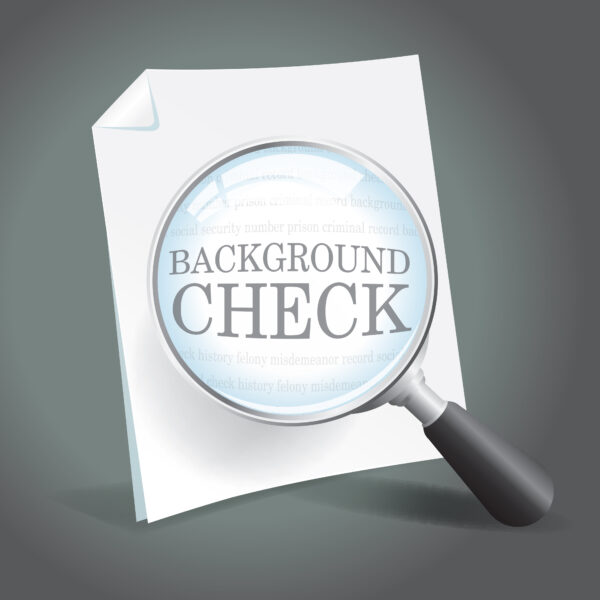You can verify an applicant’s education and the employers listed on their resume, but conducting professional references will provide a deeper insight into their work ethic. Conducting professional references could mean the difference between hiring an applicant who only showed up enough not to get fired at their previous position versus an employee who always brought their integrity to the workplace.
Professional references can be time-consuming. Research Services can help take this task off your shoulders. We use a standard set of questions but can adjust them based on your needs and field of work. See the examples below:
- The name of the employee or other professional environment in which the applicant and reference worked together.
- The title of the reference.
- The title of the applicant
- Approximate dates the applicant was with the employer.
- Work Ethic (Specifically ask for their strengths and weaknesses)
- Describe the attendance of the applicant
- The applicant’s reason for leaving the employer
- Given the opportunity, would the reference enjoy working with the applicant again?
Processing these reports on behalf of our clients has allowed us to elaborate on an applicant’s strengths with specifics. For example, a cook in a residential home ensured the temperature of the food was accurate, and they were always well groomed. Another example is the direct care staff member who worked directly with disabled individuals and brought light into the lives of their clients.
If you want to reduce the number of tasks weighing on you, turn to us to lift that weight. There are no minimum or maximum amounts to how many references you can request.
Contact Heather today to get started. heatherfd@rs4b.net










